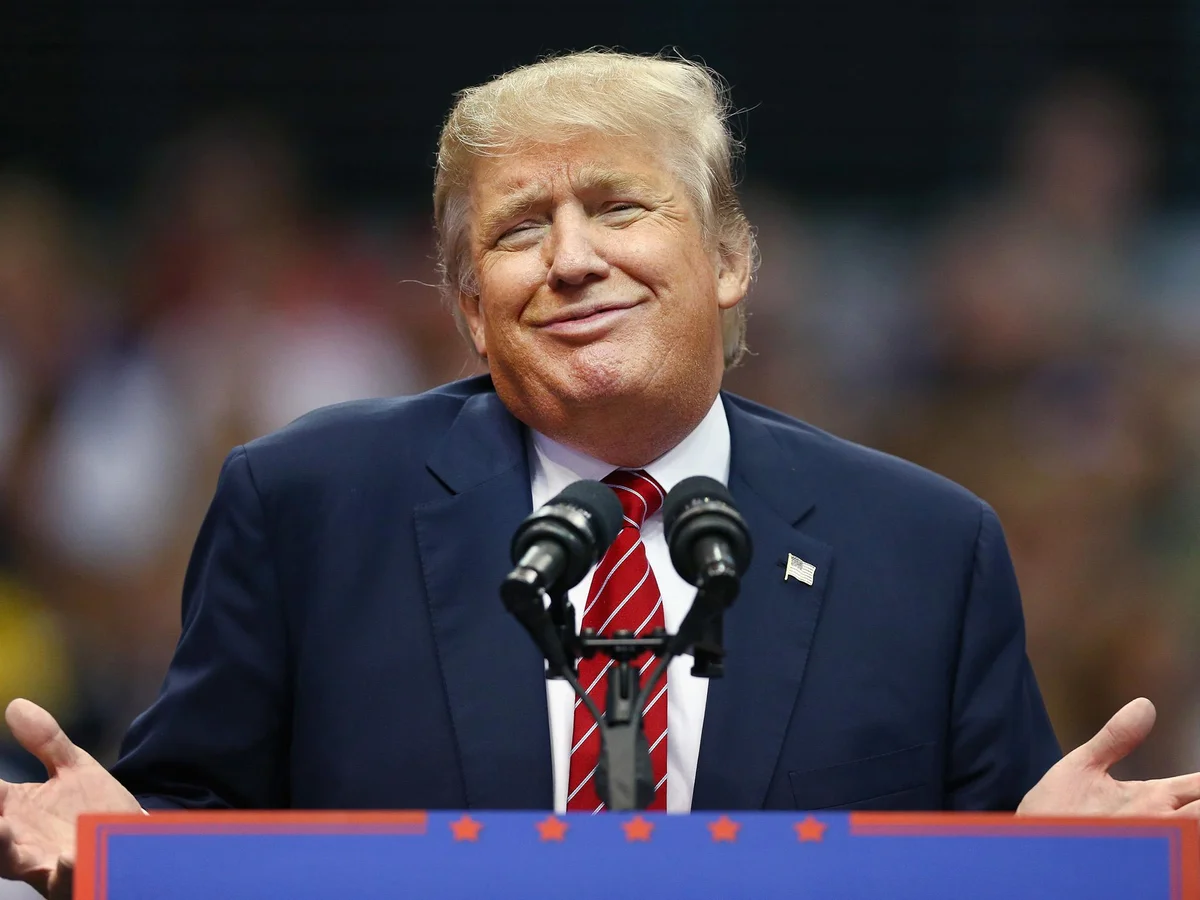World
Trump to begin mass deportations, pardons for Jan. 6 rioters on day 1 in office

Donald Trump has outlined a bold agenda for his first day in office if re-elected as U.S. President, declaring a commitment to implement sweeping changes from the start.
When asked if he would assume a “dictator” role upon returning to the White House, Trump responded that he would not – “except for Day 1.” His proposed actions include initiating mass deportations of migrants, reversing Biden administration policies in areas such as education, and drastically reorganizing the federal workforce by firing officials he suspects of working against him. Additionally, Trump plans to extend pardons to individuals convicted for their involvement in the January 6, 2021, Capitol attack.
“I want to close the border, and I want to drill, drill, drill,” he stated, emphasizing his vision for energy independence and strict immigration controls.
READ ALSO :Farooq Kperogi : What Trump’s comeback may mean for Africa
Trump had similar plans upon taking office in 2017, including reshaping trade agreements, enforcing deportations, and targeting government corruption, though many of these actions were not executed immediately. Now, he has renewed his pledge, indicating an intent to act swiftly on high-priority issues if elected.
Among his anticipated actions is the removal of Jack Smith, the special counsel overseeing federal cases against him. Smith has charged Trump with attempting to overturn the 2020 election and mishandling classified documents at his Mar-a-Lago residence.
While Trump’s authority to pardon is limited to federal convictions and does not extend to state charges, he may explore alternative legal routes to address his state-level conviction in New York.
A key campaign promise, Trump’s proposal to pardon those prosecuted for the Capitol siege has attracted significant attention. The January 6 incident, which involved Trump supporters in an effort to contest the 2020 election results, has been a focal point of his outreach to certain voter bases. Trump has described some of those involved as “unbelievable patriots” and has assured that he will consider pardoning many individuals linked to the event.
“I am inclined to pardon many of them,” Trump stated on his social media platform in March. “I can’t say for every single one, because a couple of them, probably they got out of control.”
While Trump has the power to pardon individuals convicted in federal or military courts and may instruct the attorney general to discontinue related prosecutions, critics argue that such pardons could erode the rule of law and weaken accountability. Judges handling January 6 cases have sharply criticized Trump’s portrayal of the incident, describing it as a serious criminal episode rather than the “day of love” he once suggested.
Trump’s stance on these issues has raised concerns over the implications of his proposed policies, with opponents cautioning that mass pardons and deportations could have profound social and legal impacts.


























